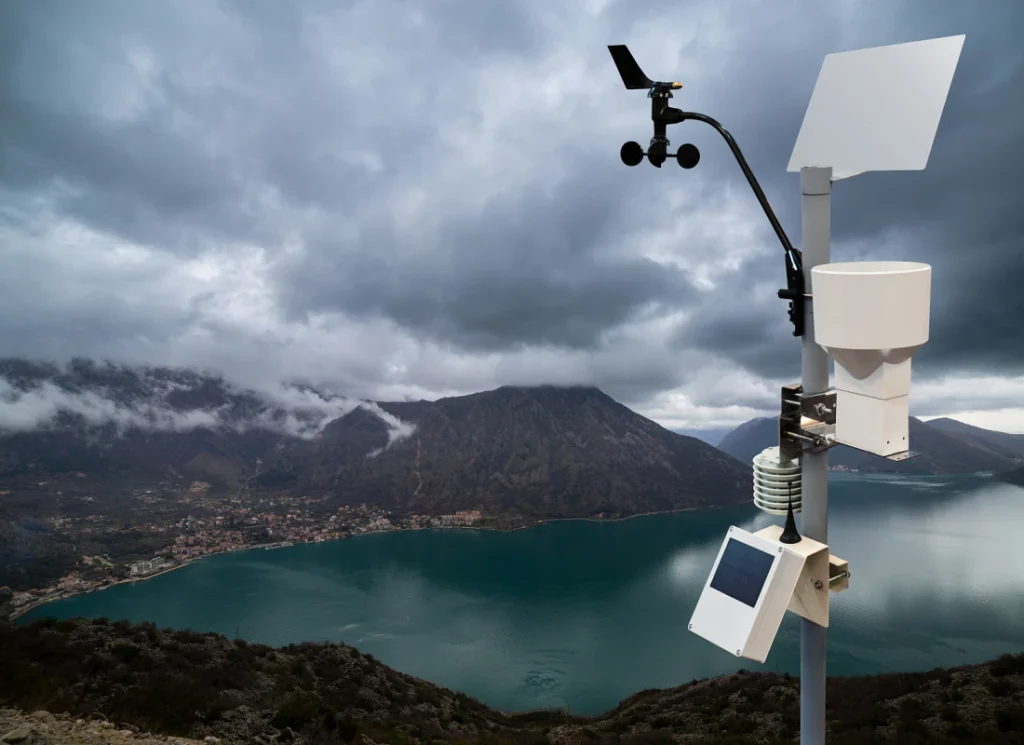Rainwater Sensor: A Smart Solution for Water Conservation
April 14, 2025 | News | No Comments

# Rainwater Sensor: A Smart Solution for Water Conservation
## Introduction to Rainwater Sensors
In an era where water scarcity is becoming a growing concern, rainwater sensors have emerged as a smart and efficient solution for water conservation. These innovative devices detect rainfall and help optimize water usage, making them an essential tool for both residential and commercial applications.
## How Rainwater Sensors Work
Rainwater sensors are typically installed in irrigation systems or connected to water collection setups. They operate by detecting moisture levels and precipitation. When rain is detected, the sensor sends a signal to pause or adjust the irrigation schedule, preventing unnecessary water waste.
### Key Components of a Rainwater Sensor:
– Moisture detection mechanism
– Wireless or wired communication system
– Weatherproof housing
– Adjustable sensitivity settings
## Benefits of Using Rainwater Sensors
Implementing rainwater sensors offers numerous advantages for water conservation efforts:
### 1. Significant Water Savings
By preventing irrigation during or after rainfall, these sensors can reduce water consumption by up to 35% annually.
### 2. Cost Reduction
Lower water usage translates directly to reduced utility bills, making rainwater sensors a cost-effective investment.
### 3. Environmental Protection
Conserving water helps preserve local ecosystems and reduces strain on municipal water supplies.
### 4. Smart Integration
Modern rainwater sensors can connect with smart home systems and weather forecasts for even more precise water management.
## Applications of Rainwater Sensors
Rainwater sensors find applications in various settings:
– Residential lawns and gardens
– Commercial landscaping
– Agricultural irrigation systems
– Public parks and green spaces
– Golf courses and sports fields
## Choosing the Right Rainwater Sensor
When selecting a rainwater sensor, consider these factors:
1. Accuracy: Look for sensors with high precision in rainfall detection.
2. Durability: Choose weather-resistant models that can withstand outdoor conditions.
3. Compatibility: Ensure the sensor works with your existing irrigation system.
4. Smart Features: Advanced models offer remote monitoring and control capabilities.
## Installation and Maintenance Tips
Proper installation and maintenance ensure optimal performance:
– Install the sensor in an open area where it can accurately detect rainfall
– Clean the sensor regularly to prevent debris buildup
– Test the sensor periodically to verify proper operation
– Adjust sensitivity settings according to seasonal changes
## The Future of Rainwater Sensing Technology
As technology advances, rainwater sensors are becoming more sophisticated. Future developments may include:
– AI-powered predictive water management
– Integration with broader smart city infrastructure
– Solar-powered autonomous operation
– Advanced data analytics for water usage patterns
## Conclusion
Rainwater sensors represent a simple yet powerful tool in the global effort to conserve water. By implementing these smart devices, individuals and organizations can contribute to sustainable water management while enjoying practical benefits like cost savings and automated convenience. As water scarcity challenges grow, adopting rainwater sensor technology becomes not just smart, but essential for responsible water stewardship.
Keyword: rainwater sensor